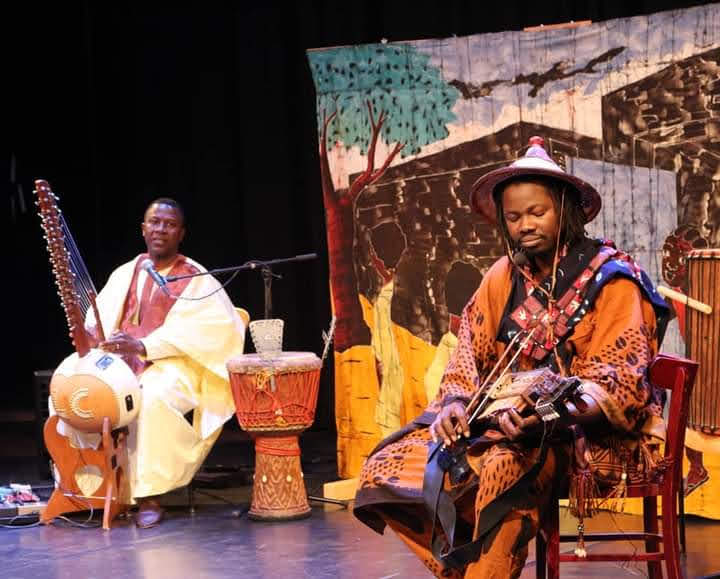Music has always been an integral part of African culture, and it has played a crucial role in the continent’s storytelling traditions. In Africa, music is not merely entertainment; it is a means of communication, a way to connect with one’s ancestors and tell their stories. African music tells stories of triumph, struggle, love, and loss, and it is used to teach important lessons about life.
African storytelling dates back to ancient times when it was used as a means of passing down oral traditions from one generation to the next. Storytelling was often accompanied by music, dance, and other forms of expression, which made it an immersive experience for the audience. In African communities, music and storytelling were a way to preserve culture, history, and knowledge. Stories were passed down through the generations, and music was used to make the stories more memorable and engaging.
One of the most important functions of music in African storytelling is to create an emotional connection between the audience and the story being told. Music has the power to evoke strong emotions, and it is often used to set the tone and mood for a story. The use of rhythm, melody, and other musical elements can help to convey the message and meaning of the story more effectively. In many African cultures, music is also used to evoke the spirits of ancestors, which can bring a sense of connection and continuity to the storytelling experience.
In addition to being a means of cultural preservation, music in African storytelling is also used as a tool for social commentary and critique. Many African musicians use their music to express their views on social and political issues, and to raise awareness about problems facing their communities. Through their music, African artists can share their perspectives on topics such as poverty, inequality, and injustice, and inspire their listeners to take action.
African music has also had a significant impact on other musical genres around the world. The rhythms and melodies of African music have influenced countless musicians and composers, and have been incorporated into various styles of music, including jazz, blues, rock, and pop. African music has become a global phenomenon, and has helped to bridge cultural divides and bring people together through shared musical experiences.
In conclusion, music is an essential part of African storytelling, and it has played a crucial role in preserving culture, history, and knowledge in African communities. It has helped to create emotional connections between storytellers and their audiences, and has been used as a tool for social commentary and critique. African music has also had a significant impact on the global music scene, and has helped to foster cultural understanding and appreciation around the world.
